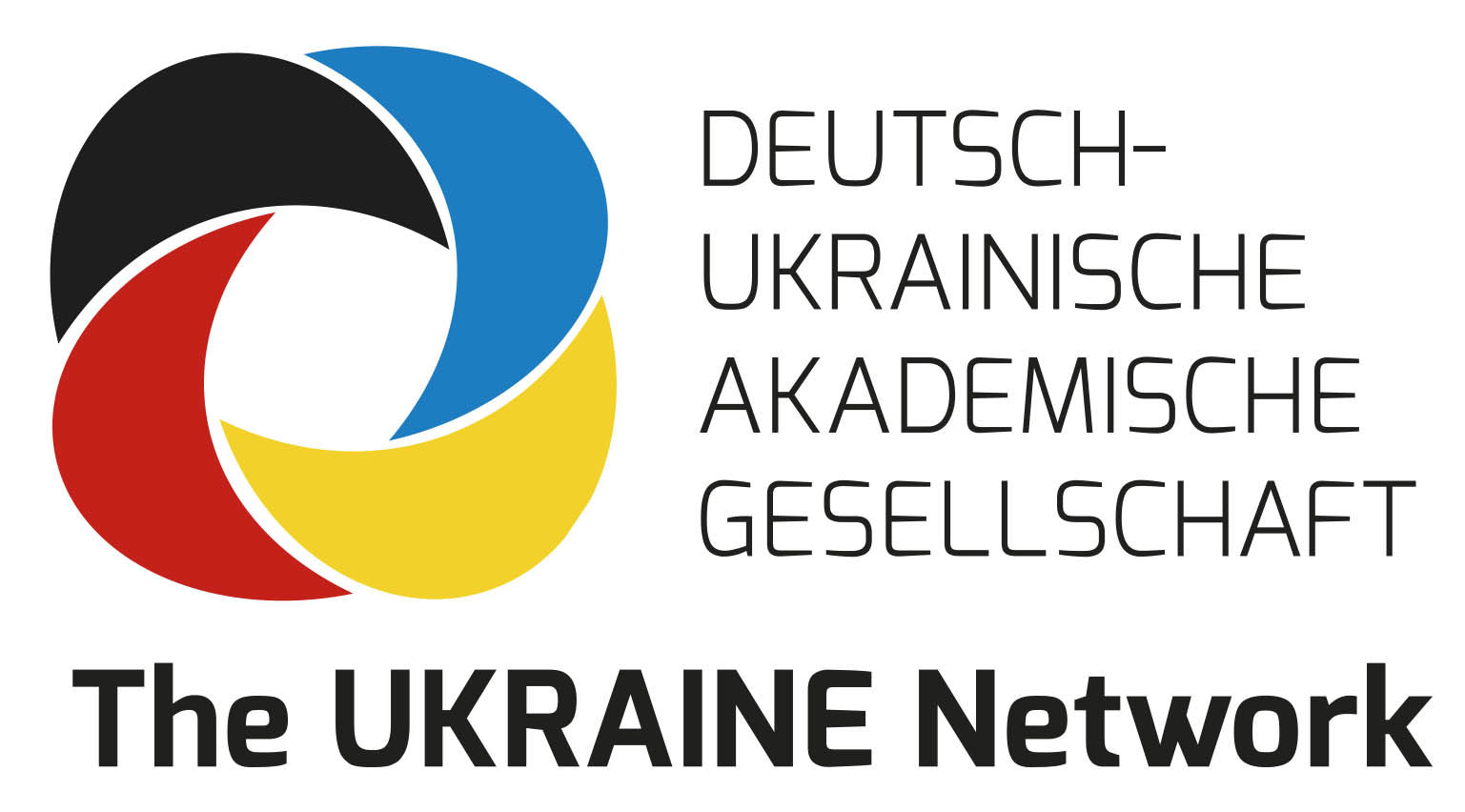This conference is aimed at encouraging especially young scientists to share their ideas and achievements in innovative medicine and all other aspects of molecular biology.
The XI Parnas Conference is jointly organized by three societies:
- Ukrainian Biochemical Society
- Polish Biochemical Society
- Israel Society for Biochemistry and Molecular Biology
and is supported this year by the FEBS as a FEBS 3+ Meeting. The Conference will be held on 3-5 September 2018 at the premises of Taras Shevchenko National University of Kyiv, 60 Volodymyrska St., Kyiv.
The Conference will consist of presentations by Invited two Prominent Lecturers, Four Keynote Speakers, 27 oral presentation by selected young scientists from Poland, Israel and Ukraine as well as open poster sessions. See the program here. The Conference Book of Abstracts will be published as the special issue of The Ukrainian Biochemical Journal (UBJ). UBJ is published in English only and, being founded in 1926, is one of the oldest biochemical journals in the world.
Parnas Conferences were established in 1996 to commemorate the world known Polish, Ukrainian and (in 1939-1949) Soviet biochemist Jakub Karol (Yakov Oskarovitch) Parnas. Jakub Parnas was a prominent biochemist who contributed to the discovery of the Embden–Meyerhof–Parnas pathway (glycolysis), together with Otto Fritz Meyerhof and Gustav Georg Embden. Professor Parnas had most astonishing and interesting life, which unfortunately tragicly ended on 29.01.1949 in the USSR Ministry of State Security (KGB) prison in Moscow. He was born to Jewish parents in 1884 in the village of Mokryany, Drogobych district, Lviv region (at the time – part of Austro-Hungarian Empire). He graduated from the Royal Technical College of Charlottenburg (now TU Berlin) in 1904. From 1920 to 1941, he was head of the Institute of the Medical Chemistry at Lviv University (now Ivan Franko National University of Lviv). He traveled across Europe, collaborating with universities in Cambridge, Naples, Strasbourg, Ghent and Zurich. He was a member of the German Academy of Sciences Leopoldina, Corresponding Member of the Polish Academy of Sciences, as well an honorary doctor of Sorbonne University and the University of Athens.
